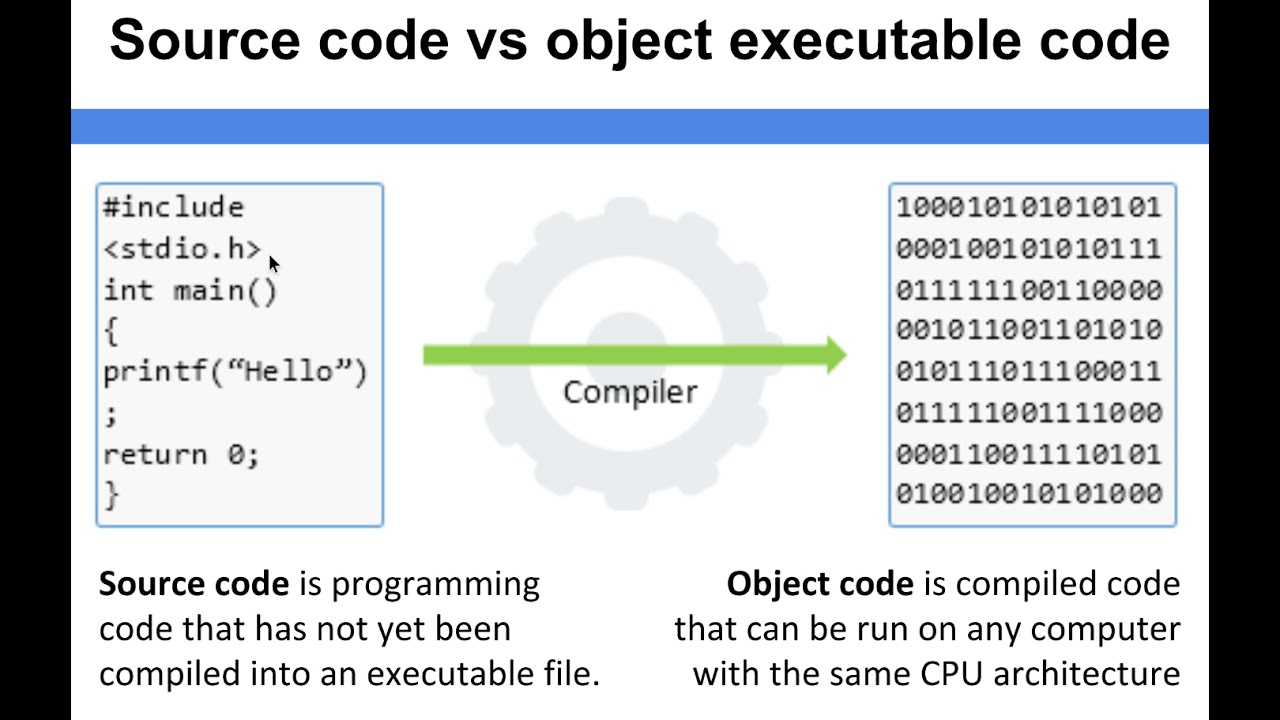Object code is a type of compiled computer code that is generated by a compiler and usually run on a specific machine, as opposed to source code, which is readable in a programming language such as C++ or Java. It also differs from executable code, which is a program that has been linked with the necessary libraries and is ready to run on the desired machine.
Object code is generated from the output of the compiler, and is usually written in either binary or assembly language. Since object code has already been translated to machine language, it can be executed quickly and with minimal overhead. However, it is mainly used as an intermediate language between assembly language and machine language.
Object code can be used for various purposes, such as debugging programs, optimizing them before execution, and interconnecting components of large software systems. It is also commonly used by many user programs and operating systems.
Object code is also important in reverse engineering, as it helps software engineers find out more about the program they are working on. By analyzing object code, engineers can determine how the program functions and how it was constructed. In addition, the object code can be compared with the initial source code to spot errors or problems.
Although object code is highly versatile, it is not considered as human readable, and thus does not provide much understanding on how the program works. It is mainly used as a way to transport programs from one machine to another, as well as transferring data from one format to another.





